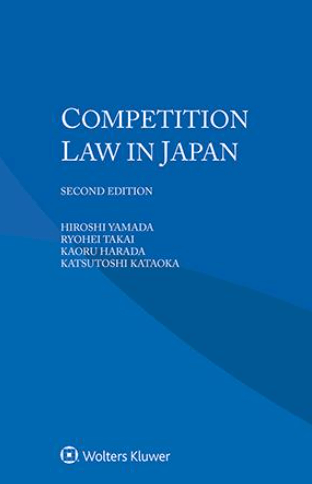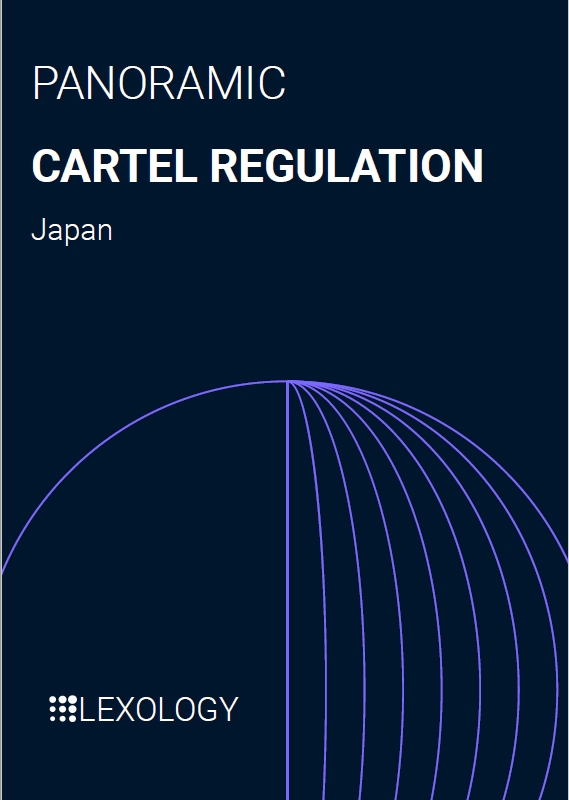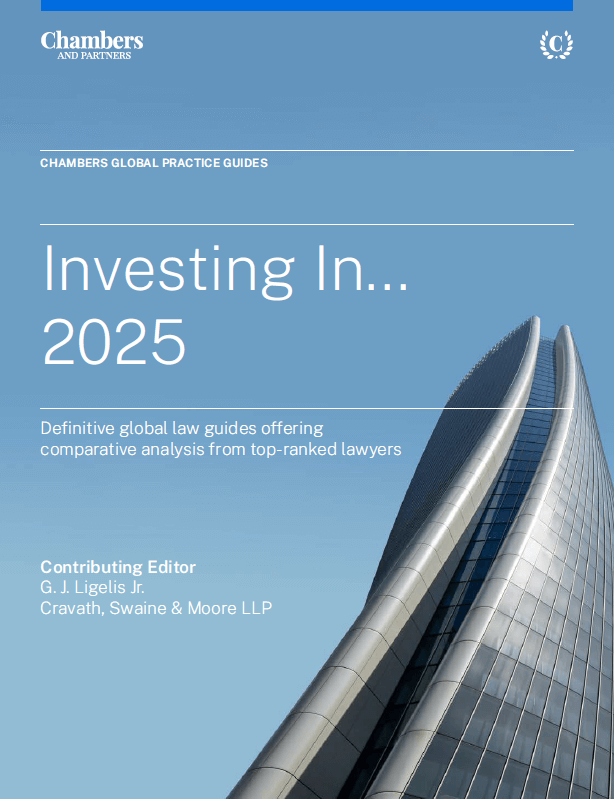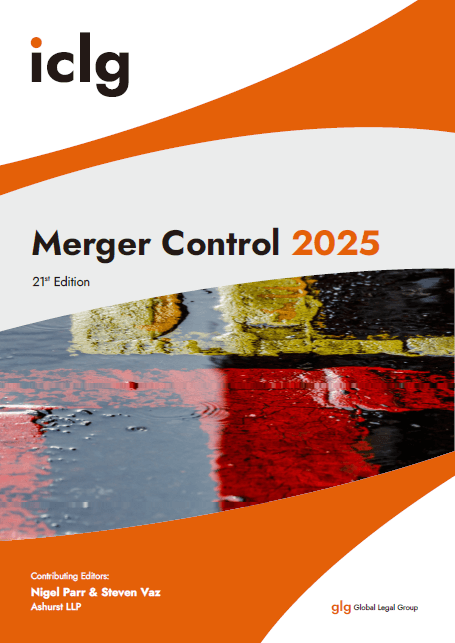
NO&T Japan Legal Update
I. Introduction
Japan’s competition authority, the Japan Fair Trade Commission (the “JFTC”) is now under pressure to disclose to parties it suspects of anti-competitive behavior more evidence in the JFTC’s pre-decision phase with the introduction of a new regime of evidence disclosure and pre-decision hearing sessions.
Under the old regime, the suspected parties that allegedly have infringed the Anti-Monopoly Law only had a limited opportunity in the JFTC’s pre-decision phase to seek information from the JFTC about the evidence that the JFTC investigators relied on to prepare their draft order(s). This was typically a few months before the order(s) were issued, usually at the time pre-notification of the draft order(s) was made to the suspected parties.
Although there was an opportunity to request the JFTC to reconsider disputed points before the order(s) were issued, the JFTC’s explanation itself did not entail any disclosure of the evidential documents and the explanation was usually not extensive. Therefore, if the suspected parties wanted to review the evidence in detail, they had to resort to filing a complaint with the JFTC’s examination panel (as opposed to a judicial court) after the order(s) were officially issued and then had to wait for the JFTC investigators to present the evidence in response to such complaint.


Kluwer Law International (April 2025)
Hiroshi Yamada (Co-author)


(January 2025)
Kaoru Hattori, Yoshitoshi Imoto, Ryohei Tanaka (Co-author)


(January 2025)
Shunsuke Minowa, Yothin Intaraprasong, Ponpun Krataykhwan, Nopparak Yangiam, Salin Kongpakpaisarn, Poonyisa Sornchangwat (Co-author)


(December 2024)
Ryohei Tanaka, Tsuyoshi Isshiki, Nobuaki Ito, Haruki Koyama (Co-author)


Kluwer Law International (April 2025)
Hiroshi Yamada (Co-author)


Tsuyoshi Isshiki


Masanori Tosu


Ichsan Montang, Anastasia Jessica Maureen (Co-author)